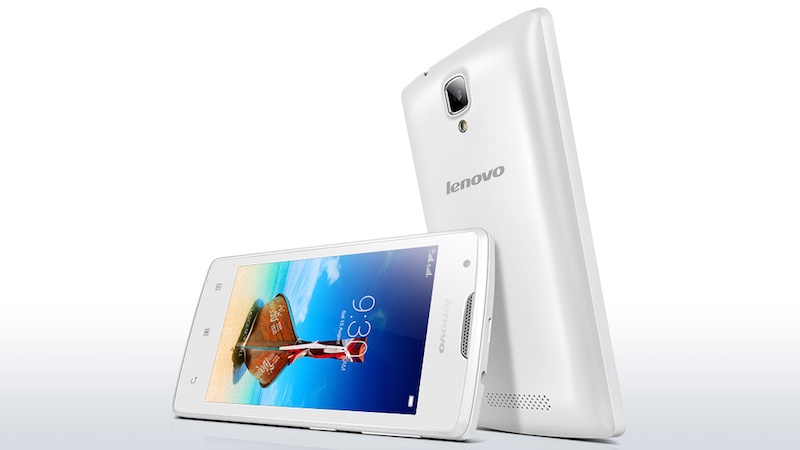

If same-sex couples have two children, the other partner will frequently use a familial donor for the second child, so each child will have both parent’s genetics. The egg donor’s brother will have a child that shares his gene pool. Likewise, same-sex male couples could use the egg of one partner's sister and the other partner’s sperm. If you’re in a same-sex female couple and use your partner’s egg and, say, your own brother as a sperm donor, you’ll have a child that shares your gene pool. (The same is true for first cousin sperm donors.) If you’re a woman and a first cousin is to be your donor, one of her parents shares a gene pool with one of your parents, so 50 percent of the genetic material in any of her eggs will be from the same gene pool as the genetic material in your eggs. If you’re considering extended family.So, if your sister is your donor, it’s like she’s giving your reproductive system a transfusion of genes from your own ancestors.

#Disadvantage of cpusim full
Since a donor’s egg and sperm contain an assortment of genes from their gene pool, not themselves, a full brother or sister’s set of gametes have the same assortment of genes as their siblings’ gametes (egg or sperm) because they have the same parents. On the one hand, there are many advantages:


 0 kommentar(er)
0 kommentar(er)
